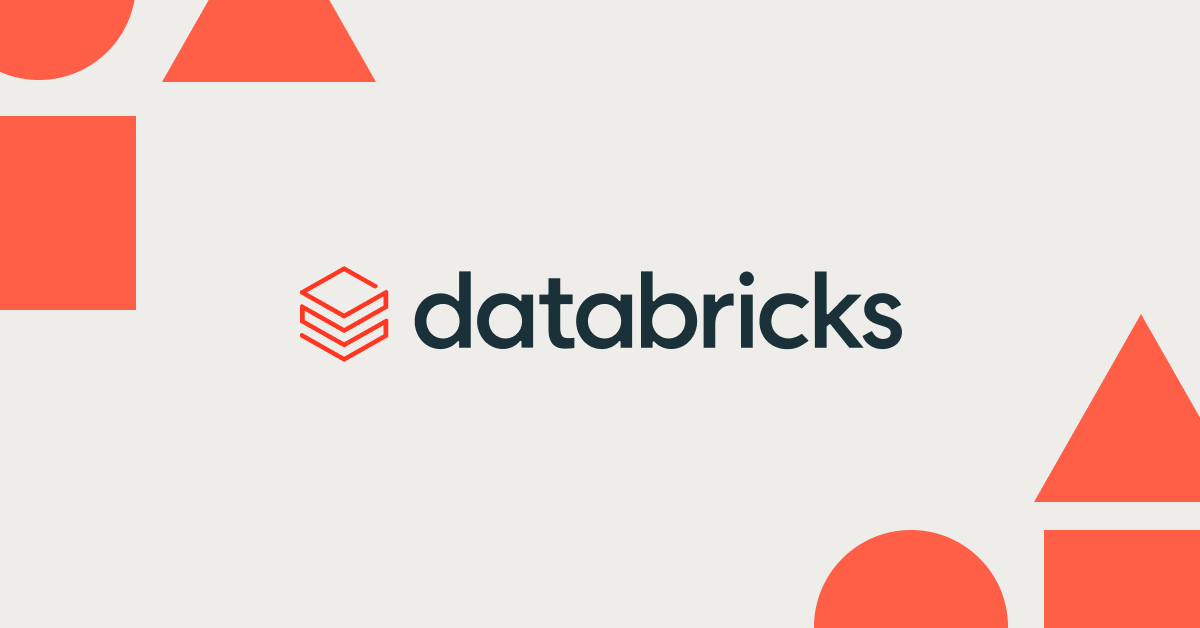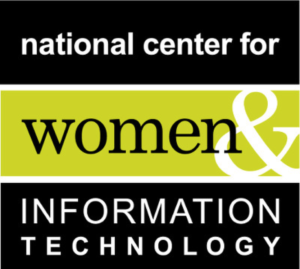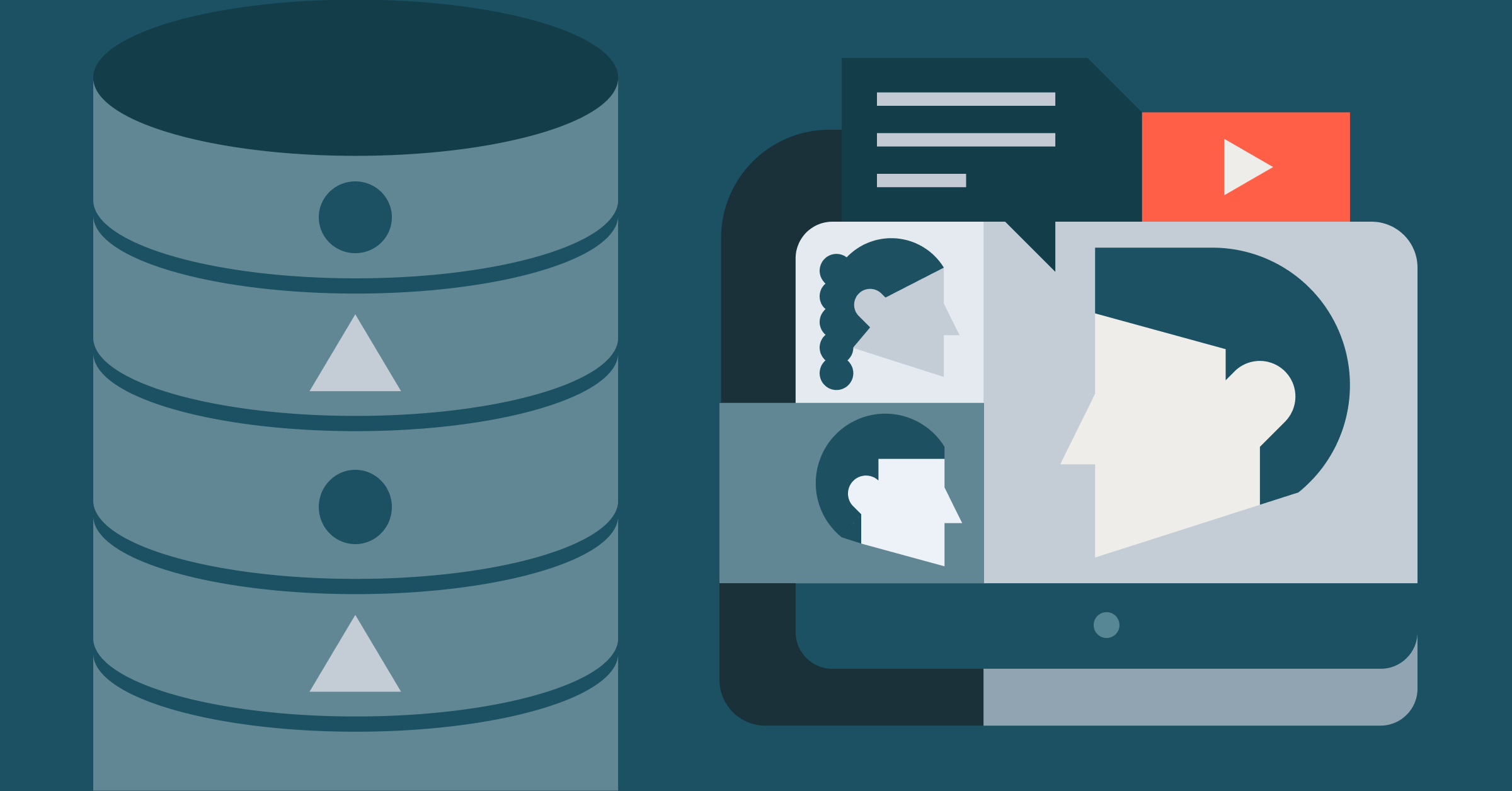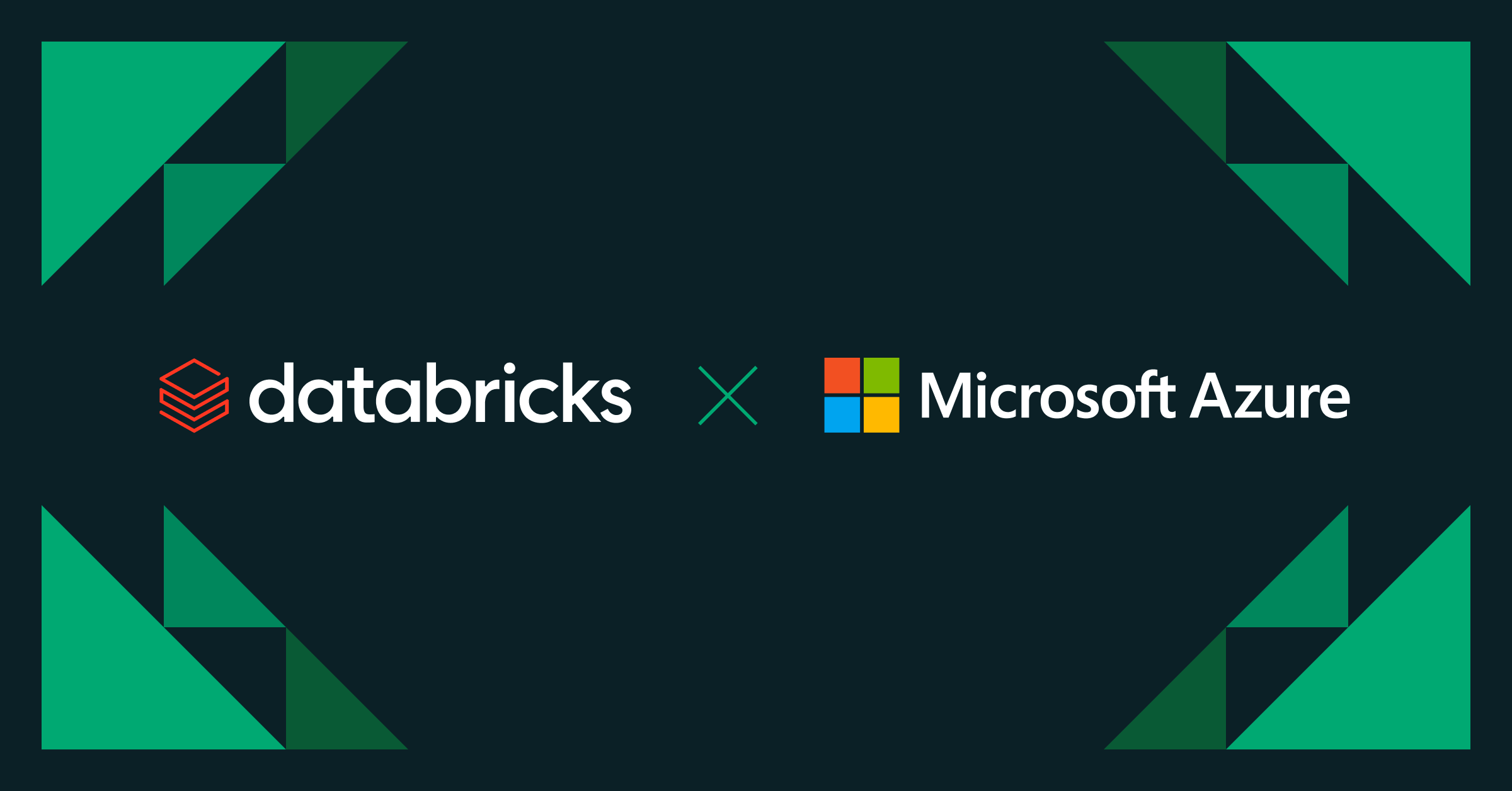Databricks invites Colleen Lewis to Speak about Diversity in the Workplace

First I'll start with the sad truth. The technology industry at large has taken many hits over the years for discriminatory practices and underrepresentation of both women and minorities. Ageism, too, is a beast that lurks in the Valley.
So as an employee, I'm happy to announce that Databricks has formed a Diversity Committee to address these issues head-on, in order to foster a different kind of tech company: one that's inclusive, safe, and contains a great cross-section of passionate people — especially as we grow at such a rapid pace.
This Wednesday, the Diversity Committee hosted Colleen Lewis, Assistant Professor of Computer Science at Harvey Mudd College, to shine a light on the challenges we all face and provide some great easy-to-follow resources from the National Center for Women and Information Technology. Her energetic talk to a packed house was peppered with both hard research and personal anecdotes. And she even brought the room alive with interactive group scenarios. Although most of the talk was about gender diversity, she did acknowledge that race, sexual orientation, physical abilities, nationality, religion, etc. are part of the puzzle.

There were 4 main takeaways from her talk:
1. Challenge stereotypes, over-generalizations, and confirmation bias
She was proud to say that more than half of Harvey Mudd's CS majors are women. As an undergraduate at Berkeley, when she was thinking about becoming a CS major, a friend discouraged her because she "didn't fit the mold of what a Computer Scientist looked like." Colleen then brought up the interesting theory of the "Glass Slipper," introduced by Karen Ashcraft, Professor at the University of Colorado at Boulder. In summary, theory says that an applicant must fit a "Glass Slipper" in the minds of those that hire, and that often the slipper is forged with assumed stereotypes and biases.
We then performed a group exercise where we were asked to say some questionable things to each other, such as "Women just aren't as interested in CS" and worked through a dialogue. Colleen's go-to response to objectionable statements such as these is to invite discussion with a simple "What makes you say that?" Words to live by indeed.
2. When you mess up, apologize
This one is for everyone. Nobody's perfect. My foot sometimes smells like toothpaste because I find it in my mouth so often. But when we DO say something that hurts another, Colleen recommends we steer clear of the "I didn't mean to offend you" approach, which is essentially a non-apology. She suggests thanking the offended individual for telling you, then following with "I'm sorry. In the future, I will..." Now that's the kind of friend and co-worker you'll want to keep around!
3. Mitigate bias in hiring and evaluations
It's the holy grail for creating and maintaining a diverse workforce. Colleen cited a devastating study where identical application materials (save for a male or female name) were sent to a sample set of science faculty members. They were asked to rate the candidate on competence, hirablity, and mentoring. You can see where this is going: across the sample, the male candidate was favored in every category.
Colleen then shared several resources on the NCWIT website to help employers mitigate bias in hiring. Full list of resources below
4. Fix the environment, not the women
Although the above study may hint at why there's such a low percentage of women in CS, this disparity wasn't always the case. Up until 1984, 35% of Computer Scientists were women. We're now hovering around 19%. What happened in 1984? She recommends we read The Computer Boys Take Over" by Nathan Ensmenger for an explanation.
Creating an environment that is welcoming to women and people of color makes more sense than assuming that women need to "toughen up and lean in." She spoke of an interesting thought experiment posited by Prof. Becky Wai-Lin Packard of Mount Holyoke College. Consider three colonies of identical ducks: one where they are thriving, another where they are dwindling, and another where they are absent. What explanation to the situation would you give? Would you blame the ducks? Did they not "lean in" enough? (I chuckled.) She wrapped up with a few more resources to help create a better environment for everyone.
All in all, great first event for the Diversity Team at Databricks! You can follow Colleen on twitter at @CSTeachingTips.
Awesome resources from her talk:
EA Startup Toolkit
Recruiting, Retaining, and Advancing a Diverse Technical Workforce
Top 10 Ways Managers Can Increase the Visibility of Technical Women
NCWIT Tips for Startup Members
10 Actionable Steps to Increasing Diverse Participation
Why Should We Advocate for Diversity?
NCWIT Tips for Writing Better Job Ads
NCWIT Checklist for Reducing Unconscious Bias in Job Descriptions / Advertisements
Top 10 Ways to Hire the Best for your Computing Start-up
Male Allies and Advocates Toolkit
Top 10 Ways to be a Male Advocate for Technical Women
Top 10 Ways Managers can Retain Technical Women
Supervising-in-a-Box: Team and Product Management


